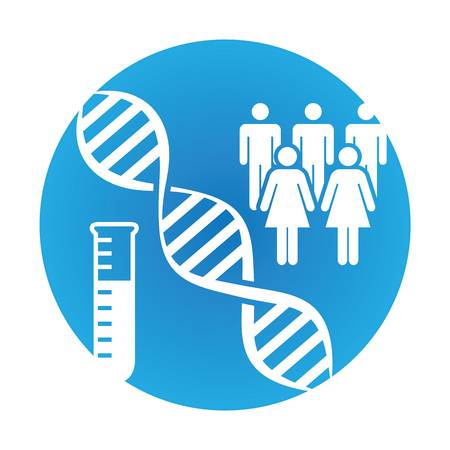Genetic medicine can leave people with rare mutations behind. But there’s new hope
By Laura Ungar,
Associated Press
| 04. 26. 2025
Emily Kramer-Golinkoff can’t get enough oxygen with each breath. Advanced cystic fibrosis makes even simple things like walking or showering arduous and exhausting.
She has the most common fatal genetic disease in the U.S., which afflicts 40,000 Americans. But her case is caused by a rare genetic mutation, so medications that work for 90% of people with cystic fibrosis won’t help her.
The same dynamic plays out in other genetic conditions. Stunning advances in genetic science have revealed the subtle, insidious culprits behind these brutal diseases and have started paving the way for treatments. But patients with these exceedingly rare mutations have fewer options and poorer prospects than those with more typical forms of these diseases — and many are now pinning hopes on experimental gene therapies.
“We feel such pure joy for our friends who have been lifted from this sinking ship,” said Kramer-Golinkoff, 40. “But we just feel so eager and desperate to join them. It’s really hard to be in this minority of people left behind.”
It’s not just science that is working against these patients...
Related Articles
By Diaa Hadid and Shweta Desai, NPR | 01.29.2026
MUMBRA, India — The afternoon sun shines on the woman in a commuter-town café, highlighting her almond-shaped eyes and pale skin, a look often sought after by couples who need an egg to have a baby.
"I have good eggs,"...
By George Janes, BioNews | 01.12.2026
A heart attack patient has become the first person to be treated in a clinical trial of an experimental gene therapy, which aims to strengthen blood vessels after coronary bypass surgery.
Coronary artery bypass surgery is performed to treat...
By Staff, ScienceDaily | 01.05.2026
Scientists at UNSW Sydney have developed a new form of CRISPR technology that could make gene therapy safer while also resolving a decades-long debate about how genes are switched off. The research shows that small chemical markers attached to DNA
...
Following a long-standing CGS tradition, we present a selection of our favorite Biopolitical Times posts of the past year.
In 2025, we published up to four posts every month, written by 12 authors (staff, consultants and allies), some in collaboration and one simply credited to CGS.
These titles are presented in chronological order, except for three In Memoriam notices, which follow. Many more posts that are worth your time can be found in the archive. Scroll down and “VIEW...




